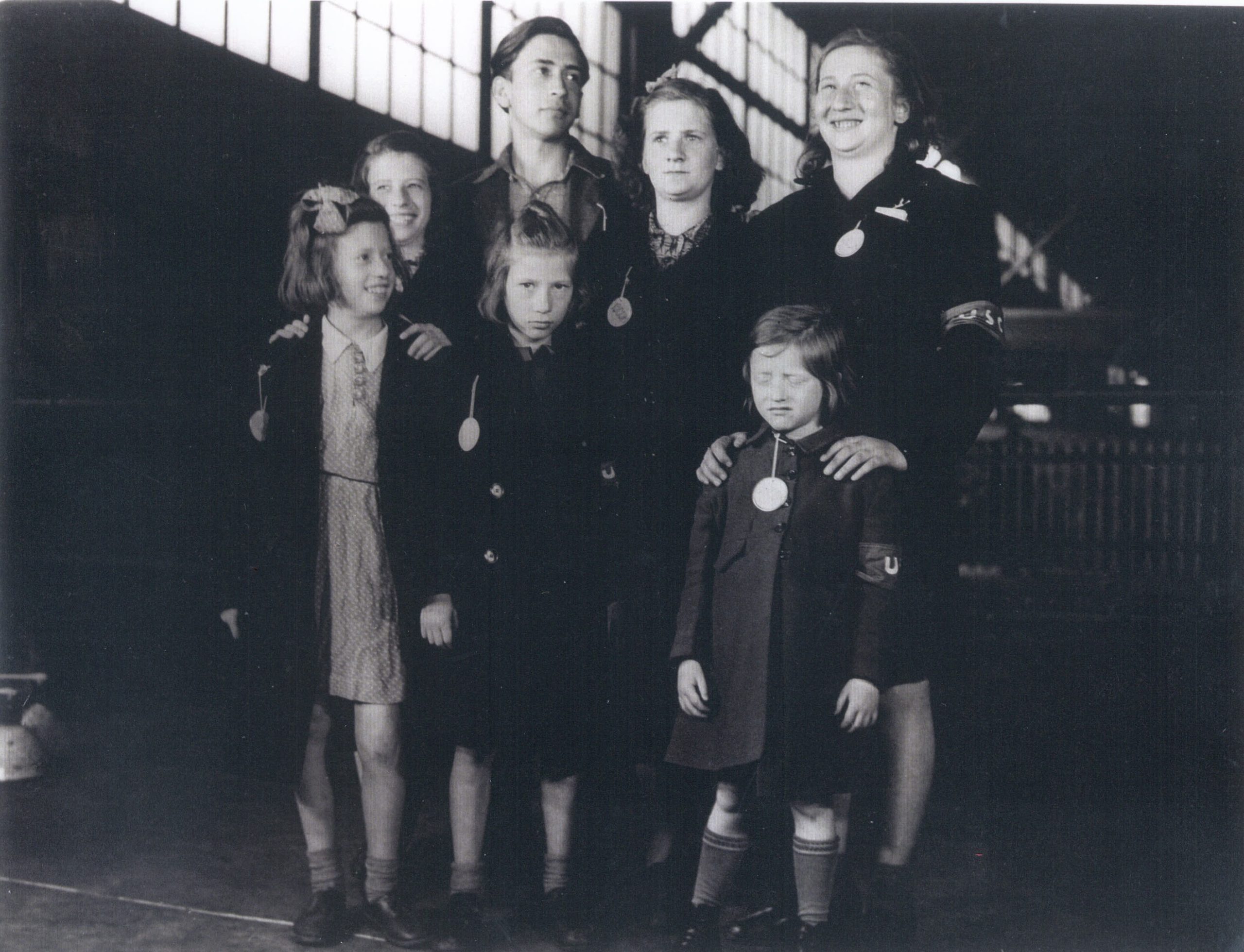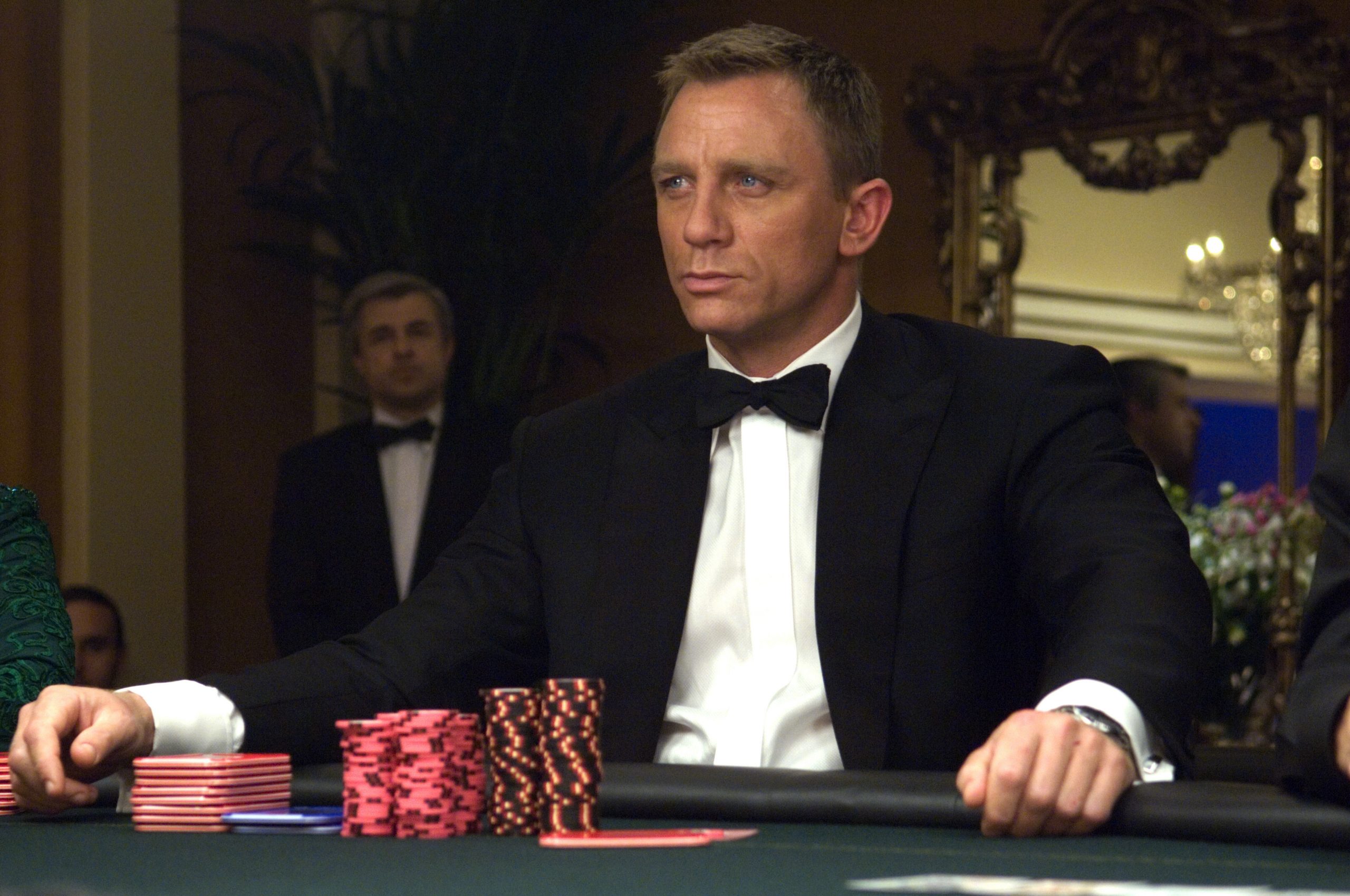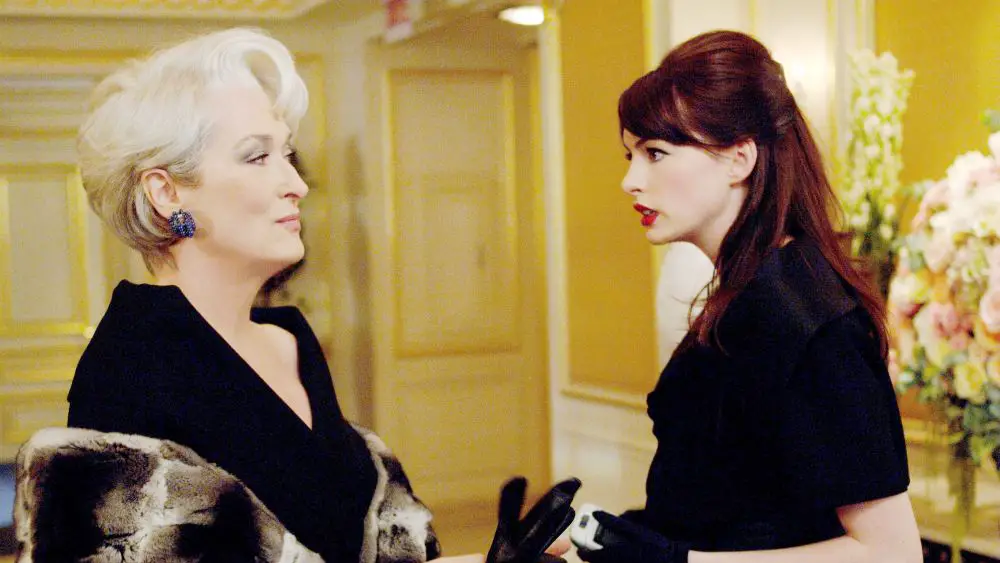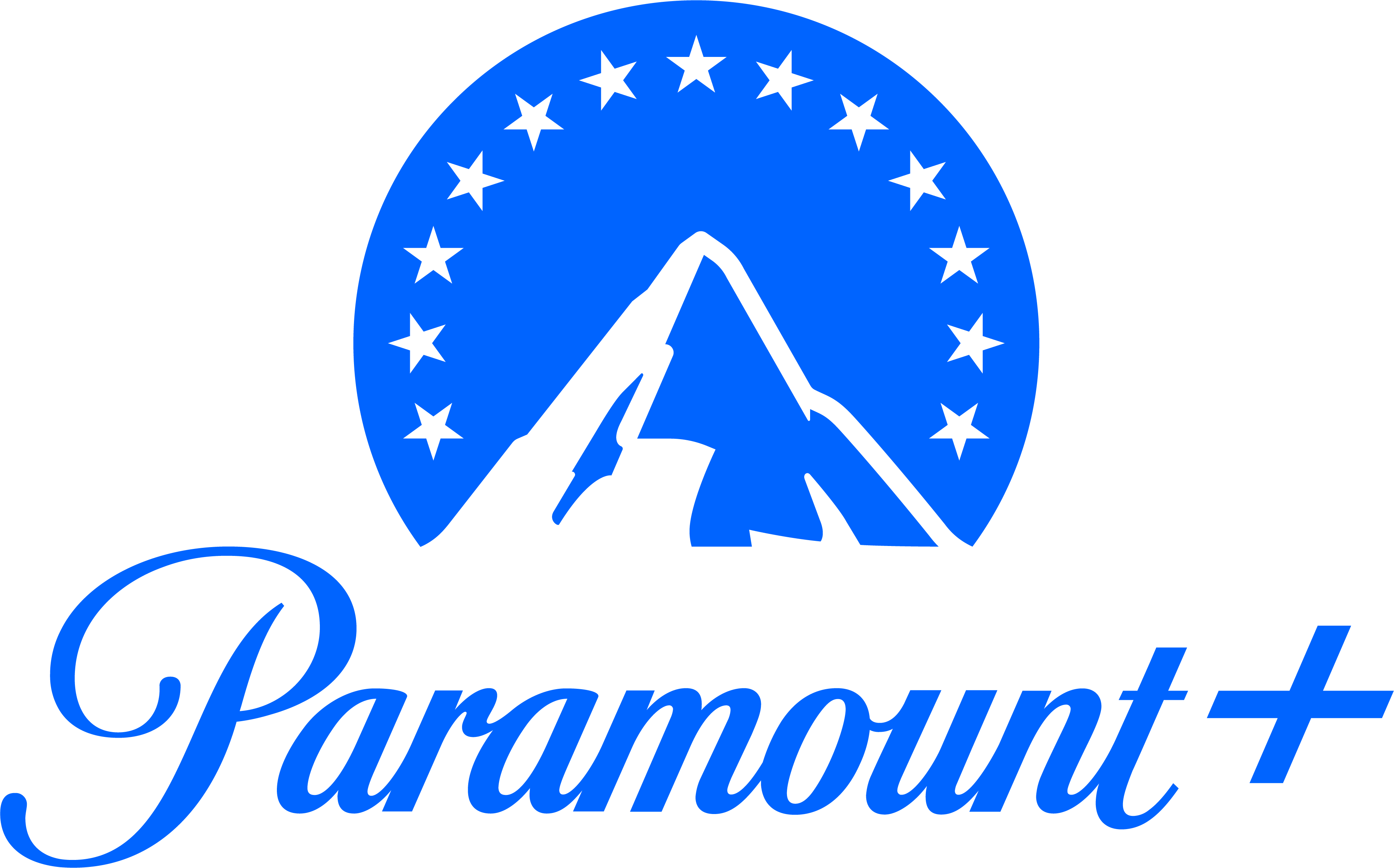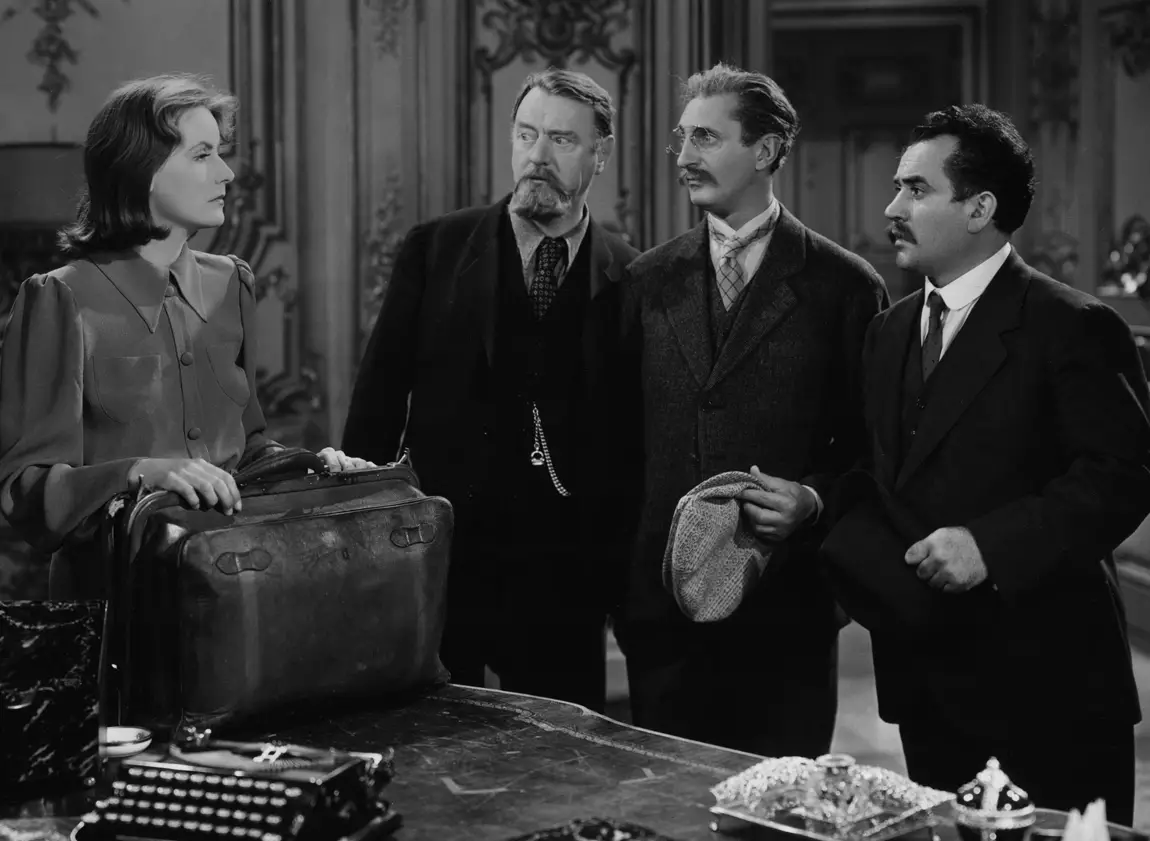
Ninotchka, directed by Ernst Lubitsch, stars Greta Garbo in her first screen comedy in the era of sound but it would be her second-to-last film.
The film is notable for a few reasons. For one, it teams Lubitsch with Garbo. Two, it’s the second of two Lubitsch films that featured the writing team of Charles Brackett and Billy Wilder.
All in all, the film would go on to earn four Oscar nominations: Best Picture, Best Actress in a Leading Role, Best Original Story, and Best Screenplay. There were no wins because Gone with the Wind dominated the ceremony in early 1940. Melchior Lengyel’s original story, which the film was based on, was very brief:
“Russian girl saturated with Bolshevist ideals goes to fearful, capitalistic, monopolistic Paris. She meets romance and has an uproarious good time. Capitalism not so bad, after all.”
What the film does is depict the Soviet Union under Stalin in a way that’s different than pre-war Paris. Garbo isn’t immediately introduced on screen as the title character. In fact, it takes a bit longer before Moscow sends Nina Ivanovna “Ninotchka” Yakushova (Greta Garbo) to win a lawsuit.
The gist of the film is that Iranoff (Sig Ruman), Buljanoff (Felix Bressart), and Kopalski (Alexander Granach) were dispatched to Paris to sell confiscated jewelry. They had been confiscated from aristocrats. Anyway, it turns out that the trio find themselves at the same hotel as former Russian Grand Duchess Swana (Ina Claire). When she learns, Count Leon d’Algout (Melvyn Douglas) is dispatched. It is here that a comedy of errors begin to ensue. A lunch is held for the trio before Leon gets them drunk and then sends a telegram to Moscow. This is where Garbo finally enters the picture.
Upon arriving to town, Ninotchka meets Leon before knowing the other’s identity. Before we know it, Swana and Ninotchka are fighting over Leon. Swana wants her out of Paris immediately! Returning back to Russia, it’ll be some time before she gets sent to Constantinople when the trio fail at selling furs. Ninotchka reunites with Leon and the rest is history.
It’s not my favorite Lubitsch film–that honor belongs to To Be Or Not To Be. He was the master of the Lubitsch Touch, a secret that he took with him to the grave. However, we can see through his direction alone just what we lost with his sudden and tragic passing in 1947. He was one of the greatest filmmaker’s of the era. Lubitsch had been born in Berlin and so many of his films depict life in Europe rather than life in his adopted home of America. This film is no exception.
With the right screenwriters and director, Greta Garbo could have been a comedy star. However, she teamed up with Melvyn Douglas in another rom-com but it failed. The blame shouldn’t be placed on Garbo because this film features a director such as Lubitsch and the great writing team of Brackett and Wilder. It’s Ernst Lubitsch’s world–we’re just living in it.
DIRECTOR: Ernst Lubitsch
SCREENWRITERS: Charles Brackett, Billy Wilder, and Walter Reisch
CAST: Greta Garbo, Melvyn Douglas, Ina Claire

